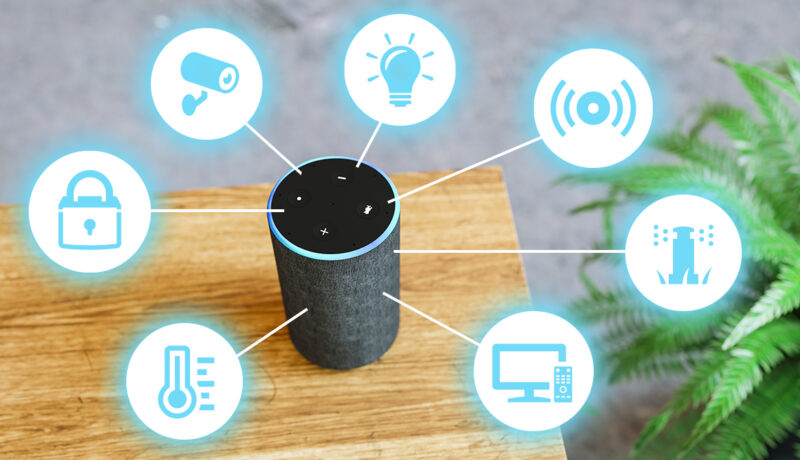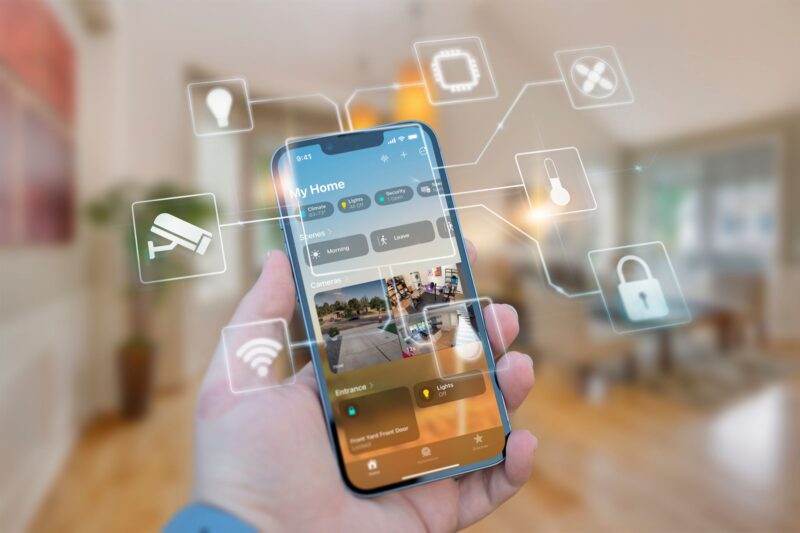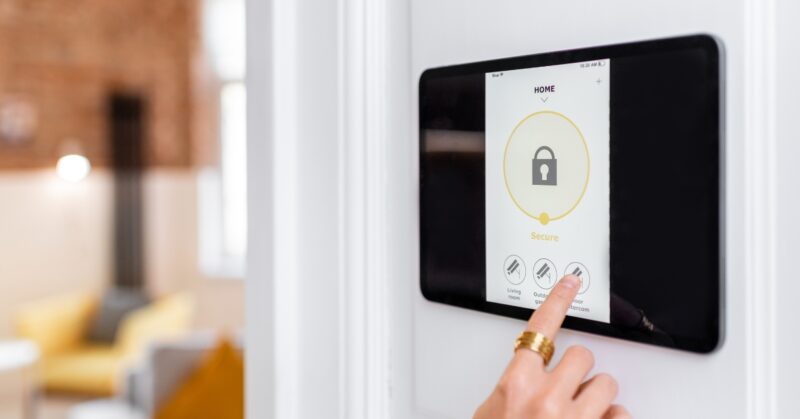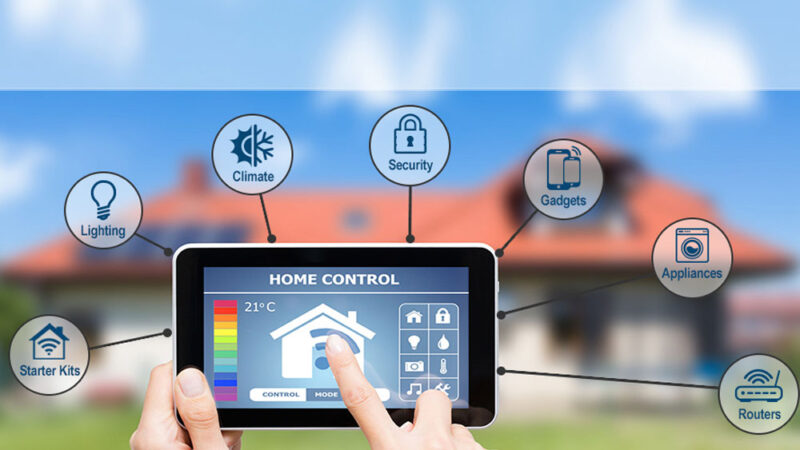Are you among the millions of Americans who now have smart devices in their homes? If not, do you avoid home automation due to privacy concerns? These two positions are the extremes in the home automation-personal privacy debate. But it’s not just a debate. It is a real conundrum for people who appreciate the concept of home automation but have genuine concerns about data privacy.
It’s a conundrum that lives on in a recent article published by the How-To Geek website. Contributor Aran Folsom starts with a rather compelling headline undoubtedly designed to grab your attention:
“I Don’t Trust Most Smart Home Devices, but These Are My Exceptions”
How is that for a headline? No matter which side of the home automation-personal privacy debate you lean toward, the headline is enough to get you to take a look. It certainly piqued my interest.
Privacy Is a Legit Concern

Folsom begins his article detailing known privacy concerns with home automation. He mentions the old news of Amazon staff reviewing each and every recording created by customers interacting with their smart speakers. He also rehashes similar news from Google and Microsoft.
His privacy concerns are legitimate. Smart speakers, which have become de facto hubs of home automation, gather tremendous volumes of data that are passed on to Big Tech companies who do who-knows-what with the information.
Everything Folsom discusses in his piece to this point makes perfect sense. But then he loses me with the following statement: “some risks can be worth the convenience or peace of mind.”
Data Is Still Being Gathered
Folsom completes his article by listing a number of smart home devices he is willing to put in his home despite privacy risks, because the convenience they offer is worth the privacy tradeoff. At the top of his list is smart lighting.
I get the appeal of smart lights that can be programmed and controlled from virtually anywhere. I am all about lighting scenes that take advantage of the time of day. For example, programming certain lights in my house to turn on first thing in the morning really makes my life easier. But my smart lights are not collecting any less data.
The one thing I don’t do is use a smart speaker as my home automation hub. A lot of people do. In fact, tying smart lights to a Google or Amazon smart speaker is a common entry point into home automation. Those smart speakers are still gathering tons of information.
Privacy Risks Are Relative

I could take the side of the personal privacy debate just by pointing out the fact that home automation devices gather information about me and my habits. But doing so would be disingenuous. The fact is that the privacy risks related to home automation are relative.
Aran Folsom is willing to have smart lighting, a smart refrigerator, and a smart washer and dryer in his home because he believes they represent minimal security risks compared to the benefits they offer. He makes a valid point here.
Privacy concerns are relative to the devices one chooses and how those devices are controlled. Proof of concept is found in the idea of building one’s own home automation system confined to a local network.
A True DIY System
If I had the time and energy, I could build a true DIY home automation system by combining an old laptop with smart home devices purchased online or at the home improvement store. I could run the entire system with an open-source smart home package and confine everything to my home network.
Confining things to my own network means the system never uses the internet. All the data is crunched on the laptop. All the programming is contained in a software sandbox.
This sort of system is not just pie-in-the-sky fantasy. Home automation geeks build these sorts of systems all the time. Not only that, their systems are just as effective as prepackaged offerings from companies like Vivint Smart Home. There is just one caveat: remote access is either severely limited or nonexistent.
Once you make remote access possible, you open up the door to privacy leaks. Yet the privacy issue is relative to the amount of remote access you grant. A DIY system that limits remote access to just what I need to operate devices when I am not home is still far more secure than a fully featured, pre-configured system from a well-known brand.
My Data Is Out There Anyway

Building a self-contained, DIY home automation system is one way to limit my privacy risks. But is building such a system worth my time and effort? If I am a hobbyist who loves to tinker with such things, probably. But if I’m just a regular guy who works 9 to 5 and has other activities to keep me busy, probably not.
I’m okay with this reality thanks to my understanding of another, equally important reality: my personal data is already out there anyway. Let’s be realistic. Anyone who uses the internet for any purpose at all is giving up some privacy. The more you use the internet, the more privacy you give up.
In the era of smartphones, social media, and online shopping, personal privacy is a mirage. It is not real. The only way to prevent personal information from becoming part of the cybersphere is to stay off the internet, avoid all digital technologies, and pay cash for everything. How realistic is that in 2024? Not very.
There are plenty of people out there like Aran Folsom, people who have a general distrust of home automation but are still willing to have certain devices in their homes because the rewards of convenience outweigh the risks of data leaks. That will be the case for as long as home automation is a thing.
Where do you stand on the home automation-personal privacy conundrum? Don’t think too long and hard about it. It is too complicated for most of us to know how to respond.


